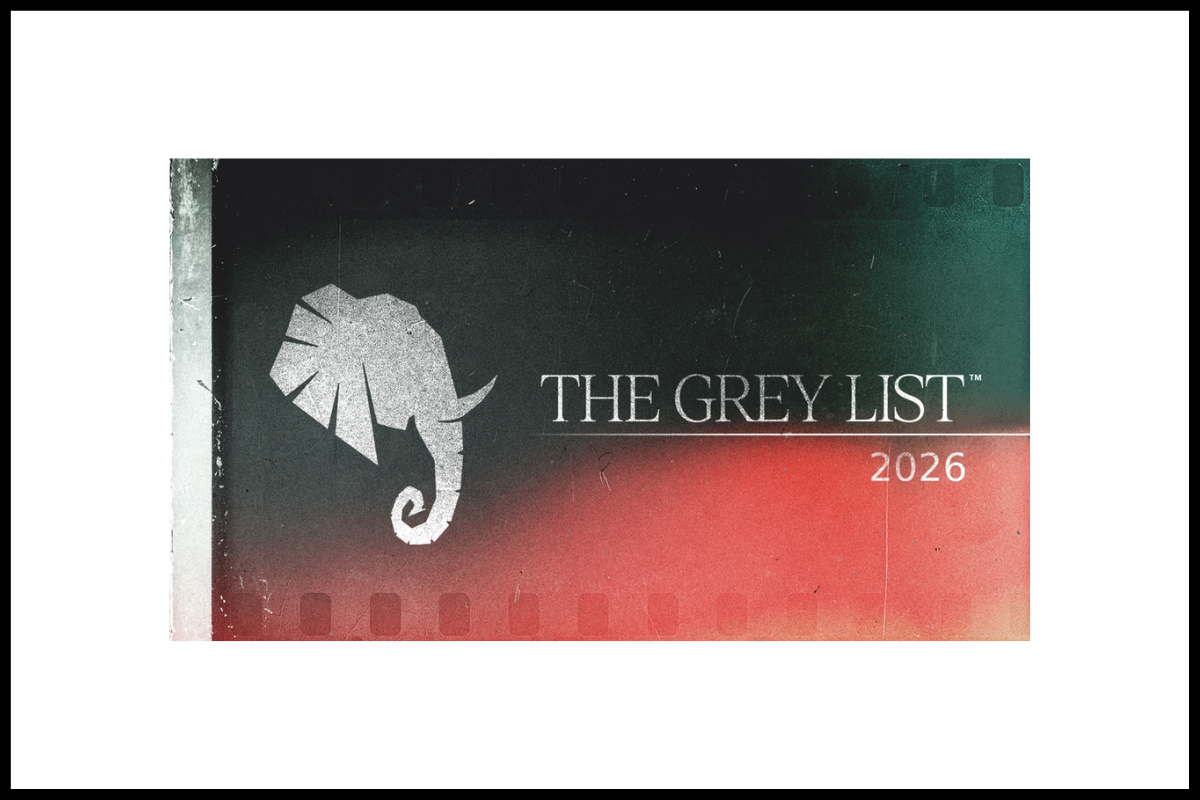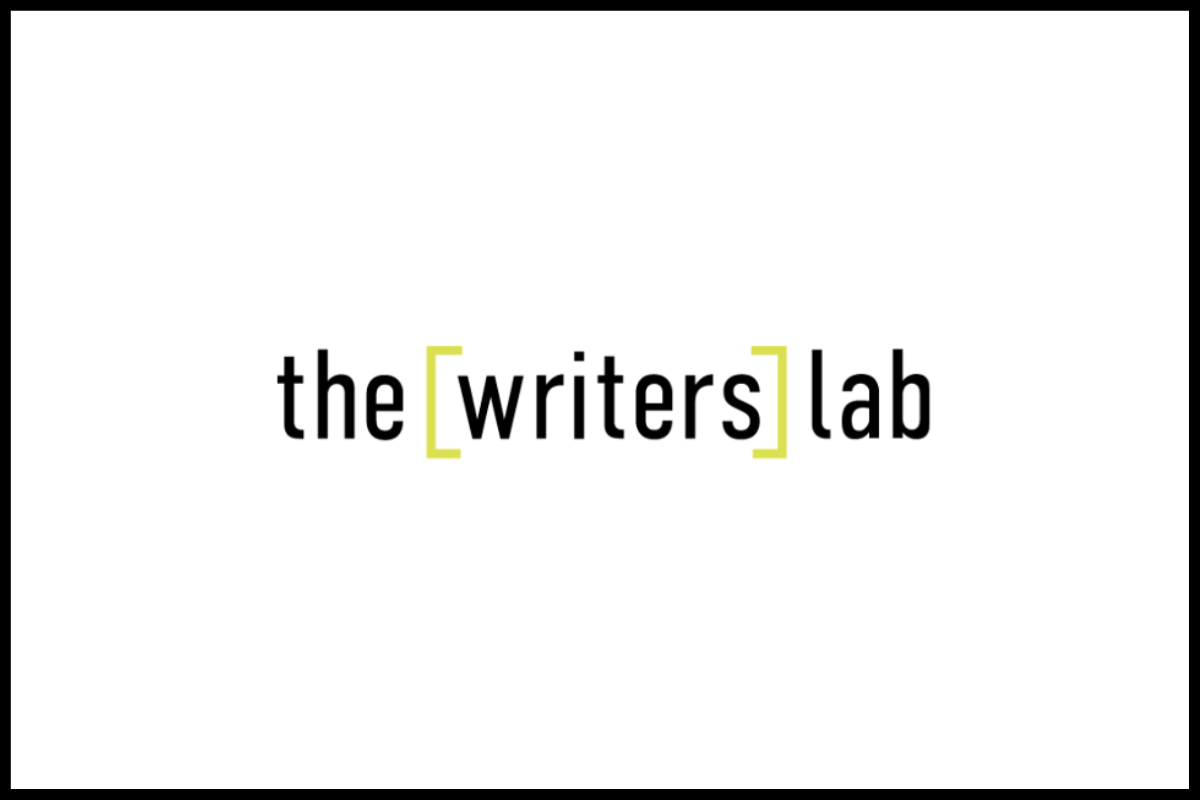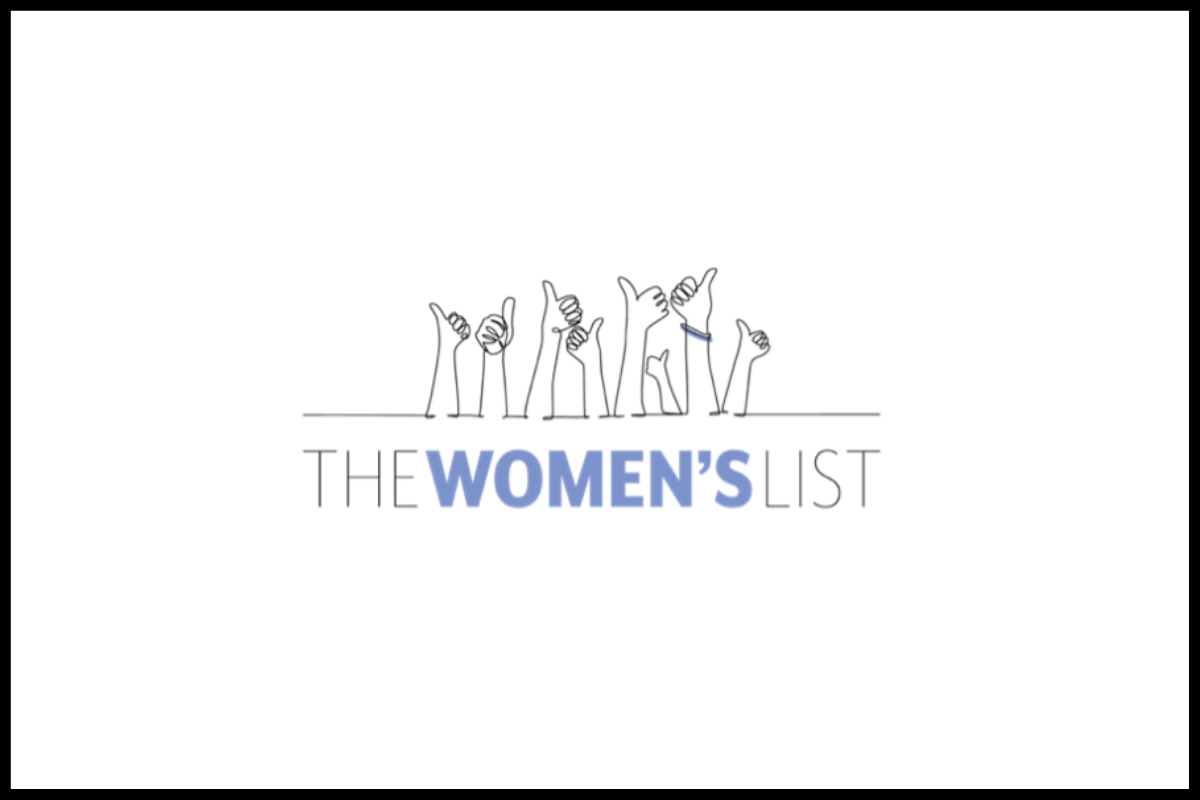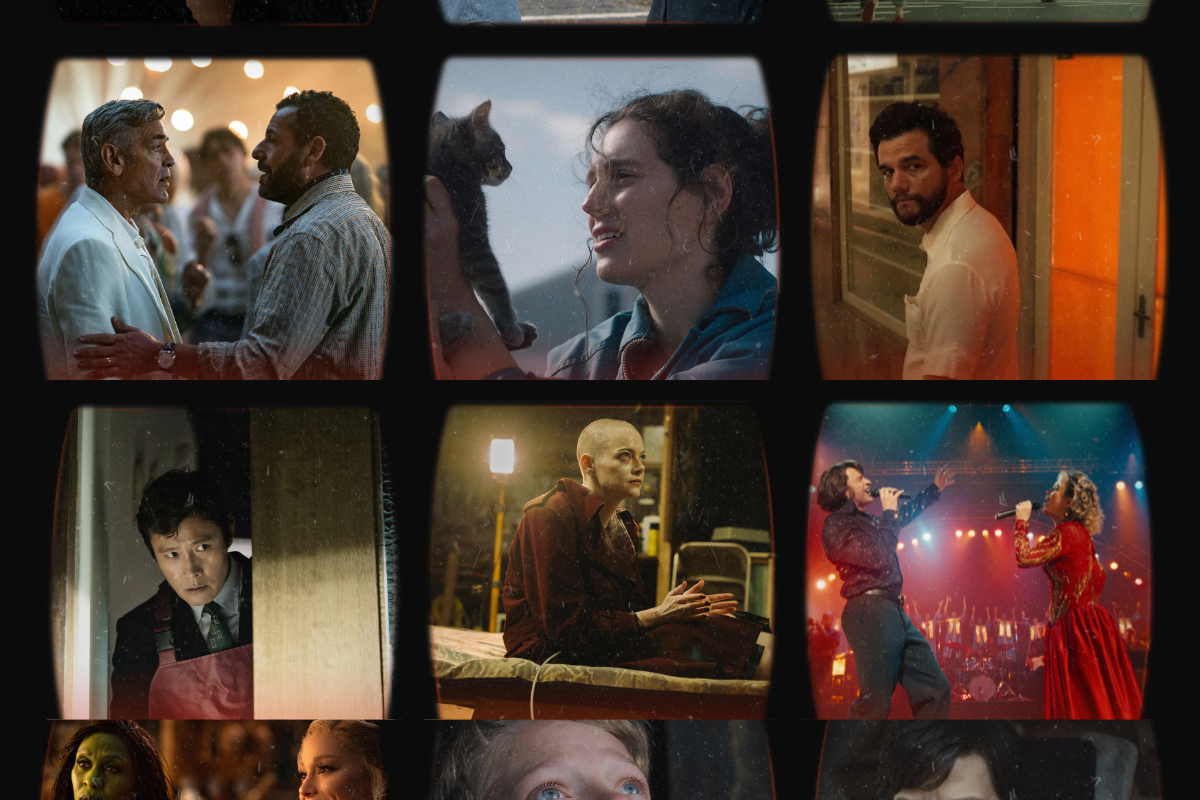WGA News – February 22, 2011
Comcast’s controversial takeover of NBC-Universal was approved by the FCC on January 18, 2011. The merger of the cable giant with one of the biggest content providers in the world has aroused grave concern in many of Hollywood’s guilds and unions.
Comcast’s controversial takeover of NBC-Universal was approved by the FCC on January 18, 2011. The merger of the cable giant with one of the biggest content providers in the world has aroused grave concern in many of Hollywood’s guilds and unions. On January 18, 2011, both the WGAW and the WGAE released statements concerning the approval:
From the WGAW:
After a thorough review of yesterday’s announcements by the FCC and DOJ, the WGAW disagrees with their decisions approving the Comcast-NBCU merger. Even with the conditions placed on the merger by the FCC and the DOJ, we believe this merger is anti-competitive and is not in the public interest or the interests of our members. The WGAW remains committed to joining with other organizations and individuals to continue the fight for an open Internet, independent production, and diversity of voices in all media.
From the WGAE:
The Writers Guild of America, East is disappointed by the FCC’s approval of the joint venture between Comcast and NBC Universal. We consistently have opposed this action because entertainment and news media already are too consolidated; too few multinational mega-corporations control what people watch on television and in movie theaters. The Comcast/NBCU deal is particularly frightening because it brings together one of the largest internet service and cable TV providers with one of the largest content providers. Without strong and meaningful safeguards, the economics of the deal virtually mandate that Comcast/NBCU will discriminate in favor of its own content and leave writers and other independent members of the creative community out in the cold. This will impact not only entertainment programming but the diversity of news and public affairs voices so vital to a democracy.
We applaud Commissioner Copps for his opposition to the deal as approved. While we also appreciate that the FCC has conditioned its approval on a number of commitments made by Comcast and NBCU, with all due respect, we think these conditions simply make the venture a little less disastrous. Time will tell if writers and other creators will be squeezed out of the internet, and if a small handful of powerful entities continue to control what people watch.
On February 20, 2011, WGAW board members Chip Johannessen and Patric M. Verrone released a letter expressing their concerns about the generally-held perception that Comcast is strongly anti-union:
"If the Writers Guild didn’t exist, we’d have to invent it.” -- Legendary Hollywood executive Sid Sheinberg said that back in 1988, when he was president of Universal Studios. Mr. Sheinberg didn’t say it out of some great love of the Guild. The fact is we were on strike at the time and, if there had been some way to do without us, any self-respecting studio head would have jumped at the chance. But Mr. Sheinberg understood the role that our Guild, and all the other guilds and unions, play in this industry. A role that Universal’s latest owner, Comcast, seems not to understand.
Hollywood runs on a talented pool of what is essentially freelance labor. The guilds, every bit as much as the companies, make this talent pool possible by ensuring two things: First, that when you work, you’ll be fairly compensated. And second, that your pension and health benefits follow you from job to job. Projects and shows come and go, but fair compensation and portable benefits ensure that talented people remain. This guild-based ecosystem works to everyone’s advantage, including the companies. It makes our industry possible. Because talented people won’t follow their dreams here if, after 20 years of working, they’ve got nothing to show for it. And without the talent pool, everything dries up.
Universal’s new owners don’t get that. Despite what Comcast promised when it was under the microscope of federal merger hearings, it is now clear that they’re not interested in maintaining Hollywood’s union environment. What they’re interested in is the same kind of foot-dragging, strong-arm tactics and deceit they’ve deployed against every effort to unionize elsewhere. Comcast spokespeople dutifully recite that employees should have the freedom to choose whether to be in a union – that, after all, is the law – but official corporate policy is more frankly expressed in their anti-union training manual: “Comcast does not feel union representation is in the best interest of its employees, customers, or shareholders.” That may be what Comcast feels, but the writers of the Comcast Entertainment Group feel differently. They have signed cards, and voted, and petitioned Comcast to accept representation by the WGA. It’s time for Comcast to say yes.
Comcast is now in “the club” – that group of multinational conglomerates (CBS, Disney/ABC, Paramount, Fox, Sony, and MGM) who negotiate together. Comcast may not be there by name – it will almost certainly still speak through familiar NBC/Universal labor executives – but its mistaken approach will most certainly be felt. And its approach is to destroy the unions that, as much as the companies, make this industry work. What Comcast wants is to come in and freeload off what others have built. What it wants is to be able to take advantage of the talent pool without contributing. Comcast thinks it can pull a sleight of hand, labeling some of its writers “Comcast,” and so non-union, when across the hall there is NBC. That may be the way they built the cable company with the worst customer satisfaction ratings in America, but we can’t let it be the way they behave here. None of us can.
As WGAW members we are committed to supporting and welcoming the Comcast writers who are fighting for WGA representation. As WGAW board members, it is our obligation to rally our fellow writers to join in that support. With what’s at stake and considering the way Comcast is behaving, our task should be an easy one and we know we can count you in. Sid Sheinberg saw this industry’s need to invent our Guild; Comcast sees only a need to destroy it.
Chip Johannessen
Patric M. Verrone
Members, Board of Directors
Writers Guild of America, West
In another area of concern, on February 14, 2011, the WGAE released a statement addressing the House Appropriation Committee's proposal to eliminate all funding for the Corporation for Public Broadcasting:
The Writers Guild of America, East opposes renewed efforts by members of the House Appropriations Committee to defund the Corporation for Public Broadcasting. Federal funding is critical to support quality programming like Sesame Street and Frontline and important institutions like PBS and NPR. Public broadcasting provides more than 21,000 jobs, including jobs for writers. No one wants to read the headline, “Congress to Big Bird: ‘Drop Dead.’”
The WGAE continues to urge our members and others to tell Congress to save public broadcasting. Our voices, raised in an online campaign launched today, must be heard. Congress Must Save PBS.
The Writers Guild of America, East is part of a broad coalition of organizations in this effort to save public broadcasting. The coalition includes AFTRA, IATSE, NABET-CWA, and Free Press.
Because of a combination of economics and politics, these are difficult times for the creative industries. The guilds are doing what they can. We should too.
Ray Morton is a writer and script consultant. His many books, including A Quick Guide to Screenwriting, are available online and in bookstores. Morton analyzes screenplays for production companies, producers, and individual writers. He can be reached at ray@raymorton.com. Twitter: RayMorton1







